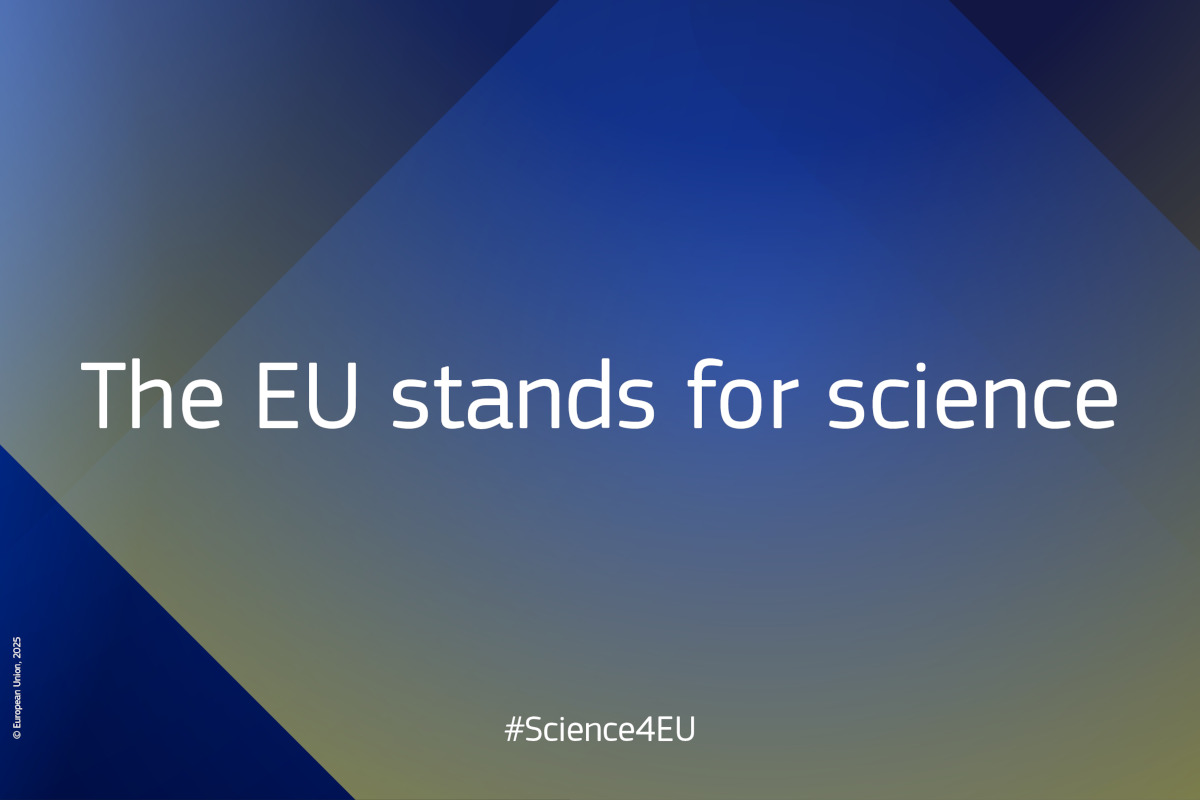Smarter decisions about real-world problems start with better data – and Earth observation can provide just that, thanks to European efforts to open up access to massive amounts of satellite data collected every day.
Special series

Science4EU
The Science4EU campaign shows how the EU stands for science. It shines a spotlight on the scientists, researchers, and innovators working with EU support to improve our lives and shape a better future for everyone.
Do you also stand for science?
Podcast
Media AV Portal Audio
More stories

EU-backed researchers are working with communities in overlooked regions to create tourism strategies that promote heritage while ensuring long-term sustainability.
Most popular
-
1
-
2By Sofia Sanchez Manzanaro
-
3
-
4By Jonathan O’Callaghan
-
5
Top videos
Eyes in the sky: making Earth observation data work for people
8 October 2025
New telescope cuts through space noise in hunt for distant Earth-like worlds
3 October 2025
Past articles
EU-funded researchers are scaling up sustainable production of microalgae-based proteins, lipids, pigments and carbohydrates that could transform food, animal feed and fragrance industries worldwide.
Drawing on nature, researchers have developed a method to pump CO2 captured from industrial processes into volcanic rocks for safe and permanent underground storage.
The EU and Europe’s bio-based industries are tapping into the hidden potential of wood to replace fossil resources in the production of high-performance resins with a low carbon footprint.
EU-funded researchers are cultivating fungi on agricultural waste to create smarter and greener construction materials able to adapt and react to their environment, and even repair themselves.
Researchers are testing a new method of capturing CO2 from energy-intensive industries and converting it into valuable chemicals and fuels.
New EU-funded research, sparked by a 17th-century shipwreck, reveals how centuries of trans-Pacific trade shaped medicine, shipbuilding and geographical knowledge, and built cross-cultural connections still relevant today.
EU-funded researchers are developing strategies to protect people from rising temperatures, focusing on vulnerable groups and clearer climate-health communication.
As shipping strives to decarbonise, a new wave of EU-funded innovation is proving that methanol-fuelled vessels could offer a scalable, low-emission alternative to diesel on the high seas.
Czech and Estonian researchers are joining forces to build a cross-border cybersecurity hub that will strengthen Europe’s digital defences in the face of growing cyber threats.
EU-funded researchers are exploring how dolphin arteries stay healthy with age in the hope of unlocking new ways to improve cardiovascular health in humans.
With quantum computing on the horizon, cryptographers are working to secure digital communications against a new generation of potential threats.
EU-funded researchers and experts are joining forces across borders to combat child sexual abuse, exploitation and human trafficking using AI-powered solutions.
Farmers and foresters across Europe are sharing sustainable bio-based practices and technologies, showing how local knowledge and European collaboration can help drive the transition to a greener future.
EU-funded researchers, firefighters and communities are pioneering innovative, collaborative approaches to build landscapes able to withstand increasingly extreme wildfires.
To achieve better and longer lasting batteries for electric vehicles, EU-funded researchers are developing technology that enables batteries to quickly detect damage and repair themselves.
EU-funded researchers are shedding light on how digital media use is impacting teenagers and what parents, teachers and policymakers can do about it.
An EU-funded research initiative is guiding Europe’s coal regions through the transition to renewable energy, while focusing on job creation and clean energy.
With support from the EU, artists, scientists and food companies are teaming up to find fresh, creative ways to make our food systems greener and more efficient.
European researchers are developing quantum computers using light and glass, in a collaboration that promises breakthroughs in computing power, battery technology and scientific discovery.
Green art conservation methods developed by EU-funded researchers are setting new standards and proving useful far beyond museums, from cosmetics to agriculture.





























